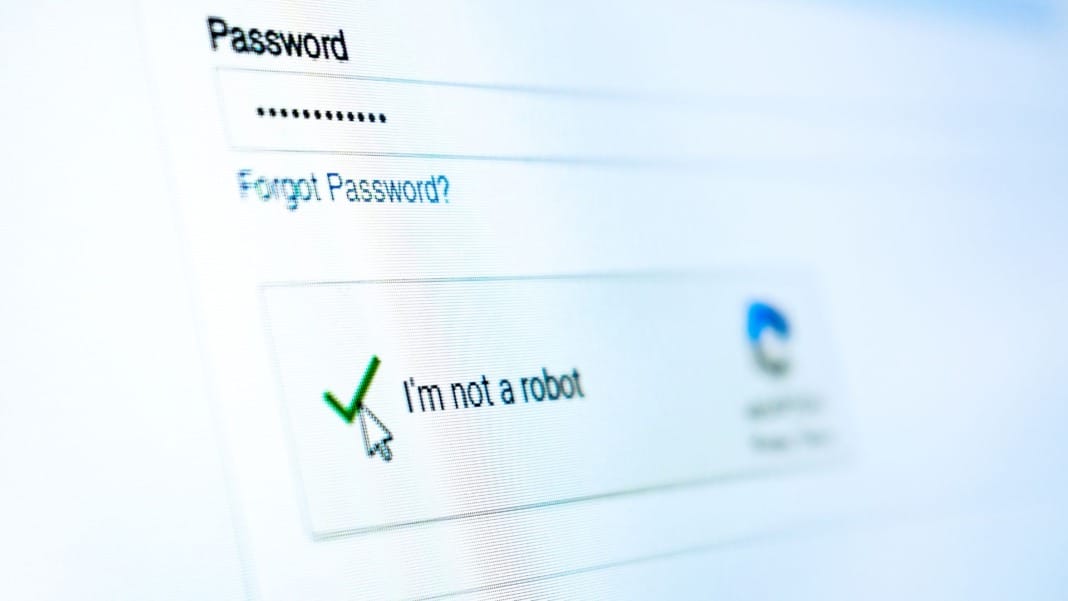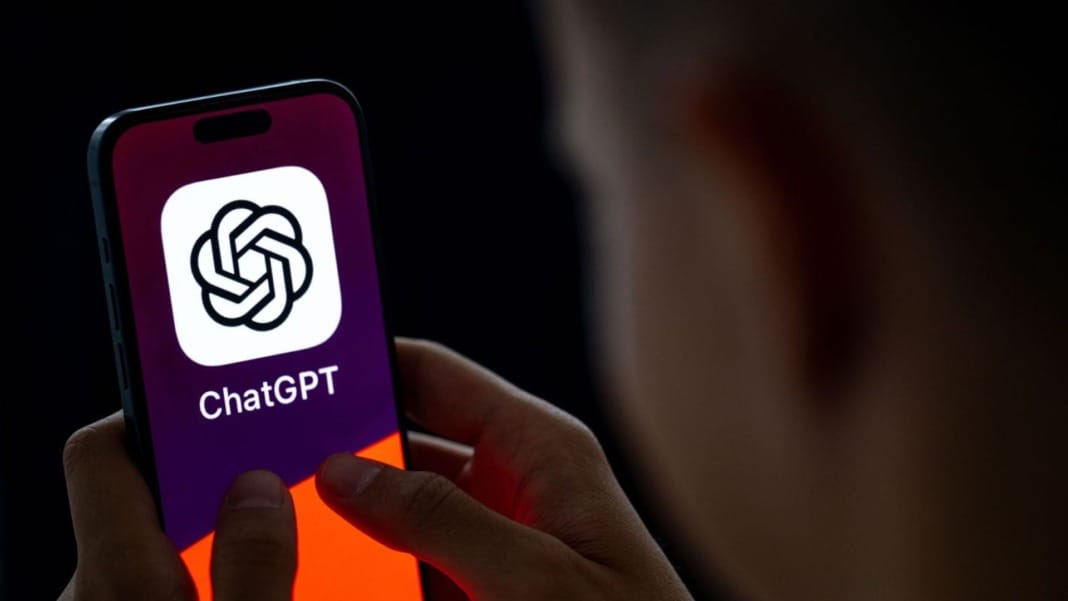You’ve probably found CAPTCHA puzzles frustrating but necessary for proving you’re not a robot when logging in, submitting forms, or shopping online. But now, the system meant to keep bots at bay may be at risk, thanks to a breakthrough in artificial intelligence. Researchers from ETH Zurich have discovered a way to bypass CAPTCHA puzzles using AI, raising concerns over online security.
CAPTCHA, “Completely Automated Public Turing Test to Tell Computers and Humans Apart,” has long been a tool for distinguishing humans from bots. However, the new AI system developed by Swiss researchers successfully solved these puzzles, suggesting that CAPTCHA might need a new name. Their AI could solve image-based puzzles as well as humans, if not better, sparking fresh worries about the future of online security.
How AI-Cracked CAPTCHA puzzles
The researchers used an AI model called You Only Look Once (YOLO), which is widely recognised for its image-processing capabilities. They modified it to tackle Google’s popular reCAPTCHA v2, the version you’ve likely encountered. It asks you to click on objects like traffic lights, buses, or bicycles to prove you’re human. By training YOLO with 14,000 labelled street photos, the scientists taught the AI to recognise these objects just as accurately as a person would.
Though the AI didn’t get every puzzle right on its first attempt, it was still able to succeed, much like how you get more than one try when completing a CAPTCHA. When it made a mistake in one puzzle, it compensated by passing the next one. The small pool of object types (such as cars, bridges, and bicycles) used in these tests made the task more accessible for the AI, as it could focus more narrowly and improve its recognition skills with relatively little training.
One reason CAPTCHA puzzles are no longer secure is their simplicity. Even though some systems attempt to track user behaviours like mouse movements and browsing history, known as device fingerprinting, the AI’s success rate remains high.
The rise of AI in solving CAPTCHA
The fact that AI can now defeat CAPTCHA systems should raise alarms in the cybersecurity world. CAPTCHA puzzles play a crucial role in web security, acting as barriers against automated bots that could engage in harmful activities such as spamming, creating fake accounts, or launching Distributed Denial-of-Service (DDoS) attacks. If these defences fail, websites could become more vulnerable to bot-driven attacks, exposing businesses and individual users.
This is not the first time AI has surpassed human abilities in specific tasks, but solving CAPTCHA puzzles represents a significant shift. The rapid development of AI, with models that can perform tasks once thought exclusive to humans, has led to major changes in how we think about security, automation, and online activity.
What this means for you
For most people, CAPTCHA puzzles are just an annoying step when making an online purchase, logging in, or signing up for a new service. But these small tests are vital for preventing bots from invading websites. With AI now capable of bypassing these puzzles, there’s a real possibility that CAPTCHA may no longer serve as an effective gatekeeper, putting online security at risk.
If bots can easily bypass CAPTCHA systems, this could increase spam, fake accounts, and malicious website activities. For example, bots could flood social media with fake posts or overload online services, making them less safe for users. This new reality might force websites and online service providers to look for more secure alternatives.
Alternatives to CAPTCHA include advanced behavioural analysis, which examines how you interact with a website, or biometric methods like facial recognition or fingerprint scans. These systems could offer a stronger defence but raise questions about privacy and ease of use.
While proving you’re not a robot might get harder in the future, you don’t need to worry about being replaced by machines just yet. However, this development is a clear sign that cybersecurity needs to evolve rapidly to keep pace with advancing AI capabilities. CAPTCHA systems may eventually disappear in favour of new, more secure tests to verify your humanity.
Future security measures include tracking how quickly or accurately you solve puzzles or monitoring your typing and scrolling patterns. The goal will be to develop new defences that are both effective and user-friendly. However, one thing is sure: cybersecurity will need to step up to face the growing power of AI.





